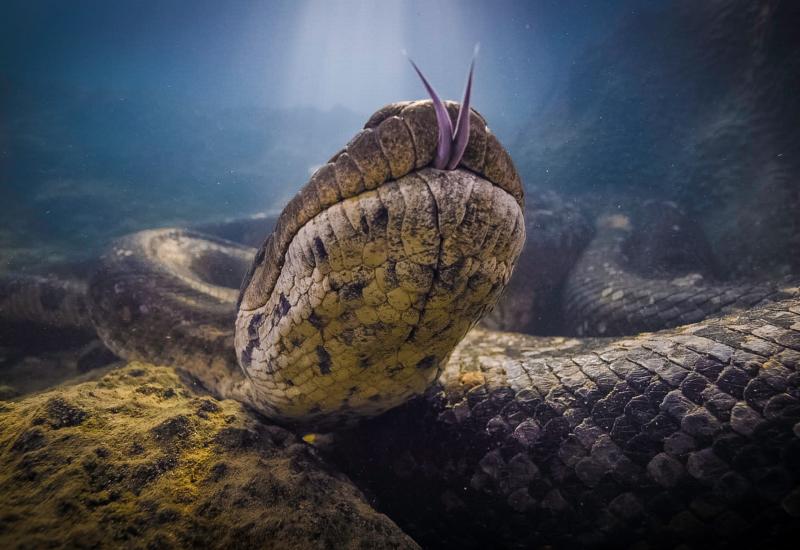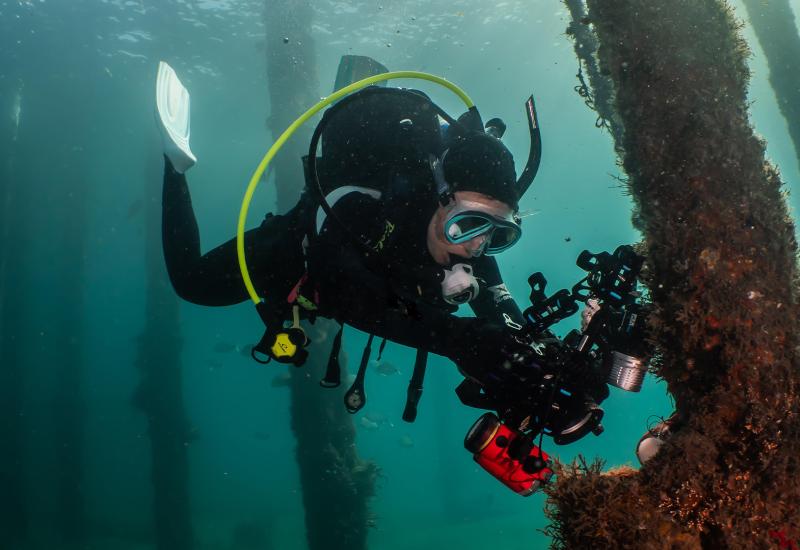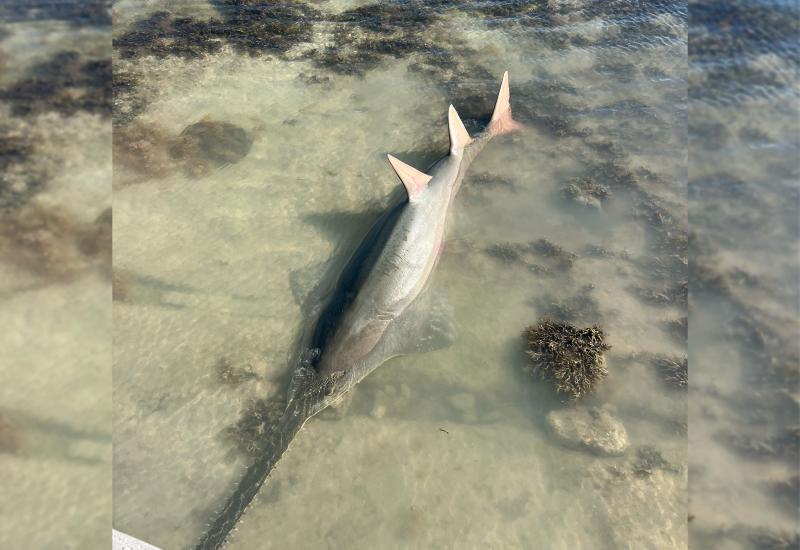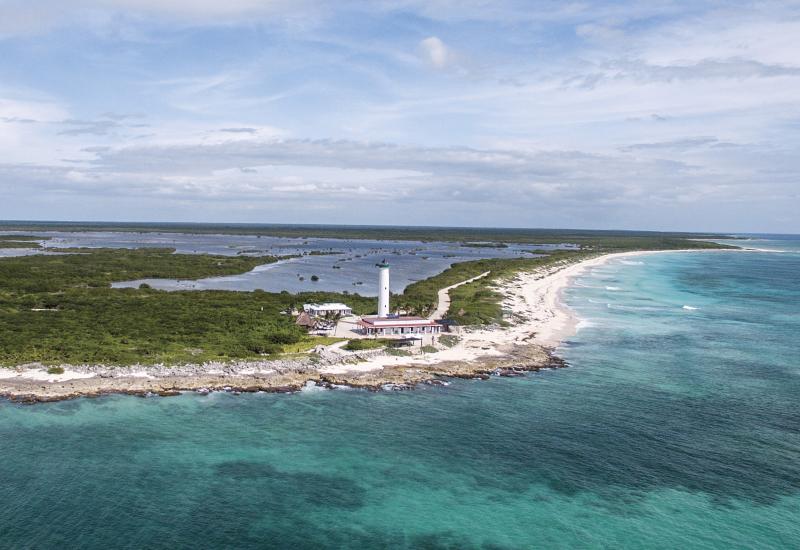Petition Seeks to Ban Shark Fin Imports in the United Kingdom
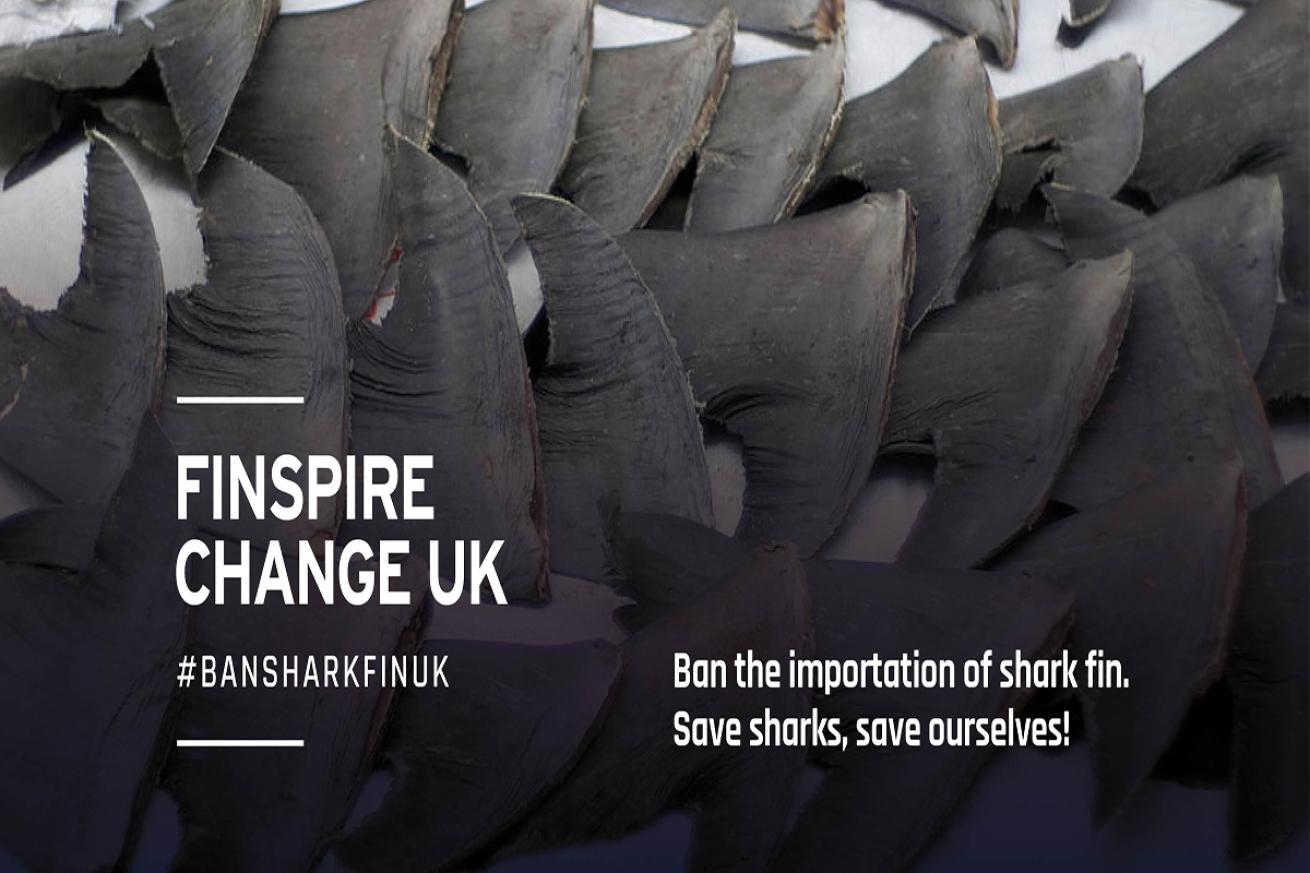
Courtesy Shark Guardian“The U.K. taking a big step back would be our biggest goal...because that's going to save a lot of sharks at the end of the day,” says Katie Woodroffe, trustee and campaign manager for Shark Guardian.
A new petition in the United Kington is renewing calls to ban the importation of shark fins.
“Shark finning is an outdated, barbaric and hugely damaging practice that threatens sharks with extinction,” said Katie Woodroffe, trustee and campaign manager for Shark Guardian, in a written statement.
Shark Guardian, a shark conservation charity in the U.K., is promoting the petition, which was created by a member of the public. Its "Stop Finning U.K". campaign, promoted in partnership with Stop Finning EU, aims to gather 100,000 signatures by September 11, 2020. As the petition is housed on the UK’s Parliamentary website, the government is obliged to debate the proposal if it gathers 100,000 signatures of U.K. residents within six months. It must respond publicly to the petition if it gathers 10,000 residential signatures.
Woodroffe says Shark Guardian hopes a U.K. ban will show it can be done, prompting other nations to follow suit.
Current regulations ban fishers from slicing shark fins off at sea and throwing the animal back into the water, but under the European Union’s 2013 “fins-naturally-attached” policy, fins detached from the shark after it reaches land can be sold.
Activists worry that fins removed from sharks tossed out to sea still make their way to the U.K. anyway through an individual import exemption.
“There's a loophole in the U.K. government [regulations] allowing individuals to import 20 kilograms of shark fin for personal consumption,” says Woodroffe, “and that 20 kilograms of shark fin could get sold on the black market for £3,500,” often to Chinese restaurants for shark fin soup.
The island is also a major exporter of shark fins under the “fins-naturally-attached” policy—a 2019 Greenpeace investigation found the U.K. exported 50 tonnes of shark fins between 2017 to 2019 to Spain, from which most were shipped to Asia.
This thriving export market creates a hurdle for activists looking to ban fin imports. World Trade Organization (WTO) agreements, of which the U.K. is a member, bar countries from regulating domestic goods differently from the products of other member countries. Banning shark fin imports without breaking WTO rules would require the U.K. to change domestic finning regulations as well, a larger hurdle to clear even as activists and high-ranking politicians like Boris Johnson claim Brexit provides power to break from EU shark finning policies.
“We do envision that there's going to be a few hurdles to jump, to put it in the lightest way, because of the World Trade Organization restrictions,” says Woodroffe, but doing so would “save a lot of sharks at the end of the day.”

